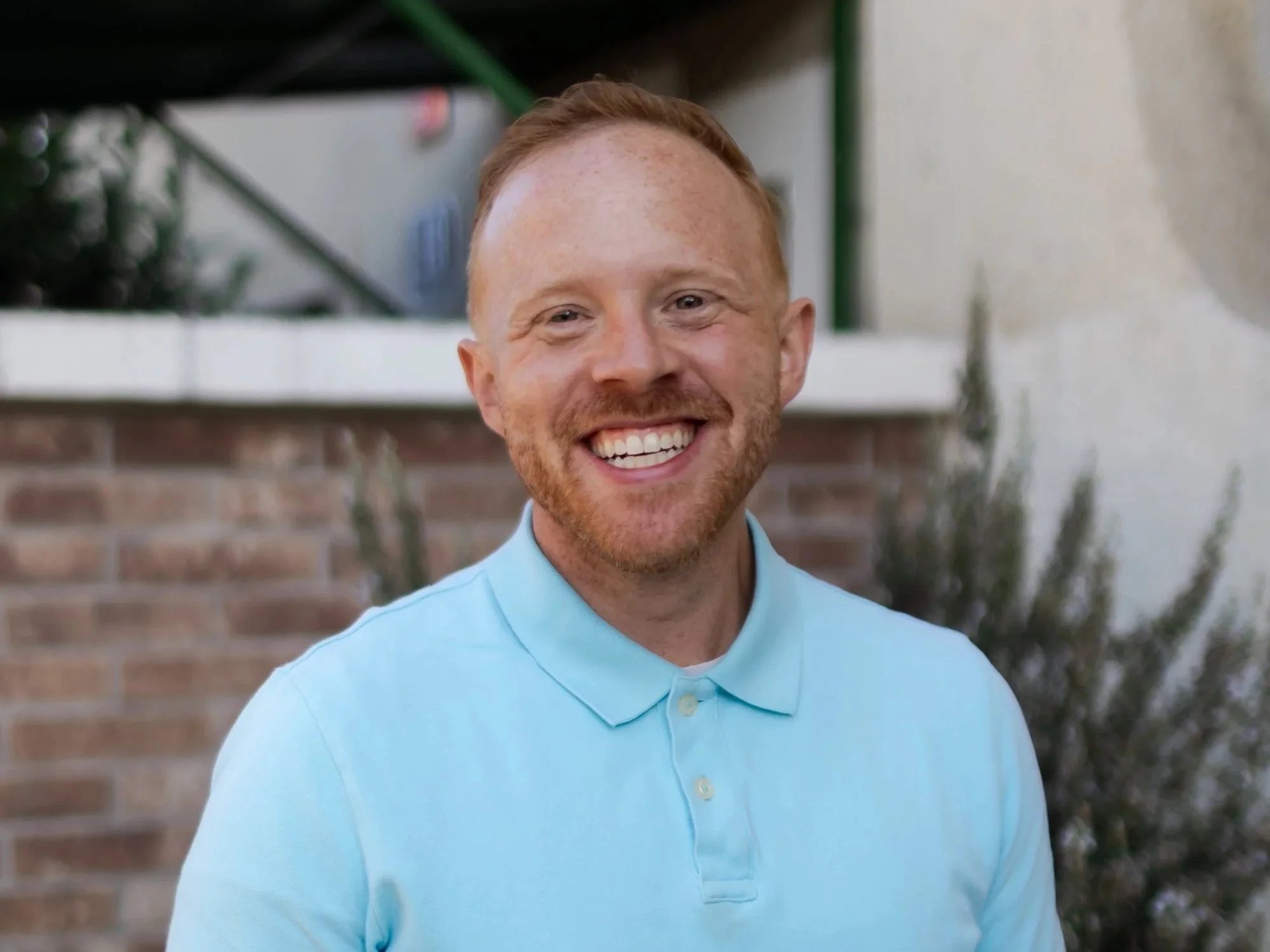Giving a Hand Up (Over A Hand Out)
It is a commonly held truth nowadays that dependency is not a good thing. We want people to be independent and self-sustaining in their own lives. Rather than creating systems where people develop the need for others to sustain them, we believe that empowerment is key. Through handing over the keys to decisions, we can help others take ownership of their future.
“Empowerment is key.”
One oft-used phrase is: when we are helping others, we should aim to give a hand up over a hand out. Our assistance should help an individual or family move themselves forward to the point where we are not needed any more.
And this make sense right?
Whether we are talking personally or as an organization, our goal should be to help others in such a way to where they won't need to keep coming back to 'us' forever. Where they are able to provide for themselves and we are able to "work ourselves out of a job."
An important result of giving a hand up is that it communicates the inherent value of the other person. They have worth and meaning. And empowering a person, rather than nurturing dependency, allows the 'other' to participate in their own assistance and see first-hand what they have to offer.
“We all have something to offer. We all have something to bring to the table.”
Here are some ways to you can "give a hand up over a hand out" in your own life:
- Rather than simply giving someone food, provide a meal through a 'potluck'! Invite your neighbors or some friends over for dinner and ask everyone to bring some type of food/snack to contribute to the meal. This is a ton of fun to do around a holiday and in the process you'll learn about what people's holiday food traditions are (and there are some unique ones out there!).
- Work and volunteer together with others. If you know someone who needs some house or car work done, work on it alongside them. Invite them into the process rather than just doing it all yourself. (There might be some parenting tip here, but I'm new to this whole fatherhood thing.)
- A great way to connect with others and still be able to help without creating dependency is to live in the neighborhood you are seeking to serve. Live life together with your neighbors and journey through hardships as a community. Together. With everyone involved pitching in to whatever degree and whatever way they are able to.
And here are a few ideas for how you can pursue this on an organizational level:
- Charge some type of fee for your programs and initiatives. Investment in a program will nurture ownership by those involved. I've seen this played out in multiple schools and ministries that went from not charging anything for a student to be enrolled and they transitioned to charging some type enrollment fee - and the participation in the Parent-Teacher Associations skyrocketed! Parents got more involved because they were invested in the school. Investment produced empowerment.
- Develop a food co-op where a group of families all contribute their time and resources and are able to acquire more food together in bulk then they could by themselves. Here is one example of this, called Food Security for America, based out of Atlanta.
- Work together. Like I mentioned above, work in conjunction with those you are seeking to serve.
- Be located in the community you are seeking to impact. Without a continual, ongoing presence in your community, it will be difficult to nurture mutual relationships which are creating empowerment rather than dependency.
Serving at an inner-city community center in the United States for several years, I have seen first hand the by-products of hand outs and 'hand ups'. Both are well-intentioned, but one is much more effective in transforming people's lives.
Offering a hand up produces life transformation and the development of community in the neighborhoods where we live and serve.
It reminds me of the leadership quote that says, "An effective leader is one who, after they are gone, has left a community of people who say - we have accomplished this ourselves."
Our goal in living compassion should be to help others - yes. But it should also be to help them in such a way that they never need that help again.
That they are never again hungry, homeless, without a job, imprisoned or without a community.
We should aim for compassion that helps others accomplish their hopes, dreams, and needs for themselves.
That's what giving a "hand up" is all about. Creating a spirit of empowerment in our compassion that changes people's tomorrows - not just their todays.
So let's go (together) and give a hand up!




